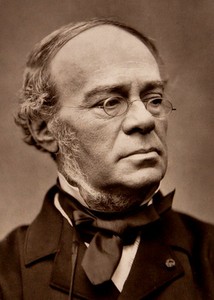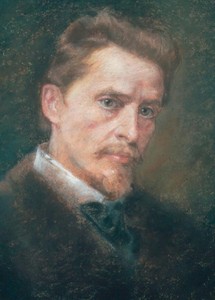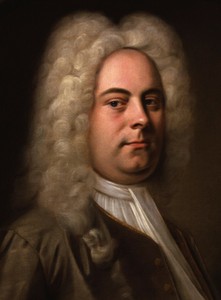
Fromental Halévy |
Contents
Fromental Halevy

Member of the Institute of France (since 1836), permanent secretary of the Academy of Fine Arts (since 1854). In 1819 he graduated from the Paris Conservatory (he studied with A. Burton and L. Cherubini), receiving the Rome Prize (for the cantata Erminia). Spent 3 years in Italy. From 1816 he taught at the Paris Conservatory (from 1827 professor). Among his students are J. Bizet, C. Gounod, C. Saint-Saens, F. E. M. Bazin, C. Duvernoy, V. Masse, E. Gauthier. At the same time he was an accompanist (since 1827), choirmaster (1830-45) of the Théâtre Italiane in Paris.
As a composer, he did not immediately win recognition. His early operas Les Bohemiens, Pygmalion and Les deux pavillons were not performed. Halévy’s first work staged on stage was the comic opera The Craftsman (L’artisan, 1827). Success brought to the composer: the opera “Clari” (1829), the ballet “Manon Lescaut” (1830). Halévy gained true recognition and world fame with the opera Zhydovka (The Cardinal’s Daughter, La Juive, libre by E. Scribe, 1835, Grand Opera Theatre).
Halevi is one of the brightest representatives of grand opera. His style is characterized by monumentality, brilliance, a combination of drama with external decorativeness, a heap of stage effects. Many of Halévy’s works are based on historical subjects. The best of them are devoted to the theme of the struggle against national oppression, but this theme is interpreted from the standpoint of bourgeois-liberal humanism. These are: “The Queen of Cyprus” (“The Queen of Cyprus” – “La Reine de Chypre”, 1841, the Grand Opera Theater), which tells about the struggle of the inhabitants of Cyprus against Venetian rule, “Charles VI” (1843, ibid.) about resistance of the French people to the English enslavers, “Zhidovka” is a dramatic story (with features of melodrama) about the persecution of Jews by the Inquisition. The music of “Zhidovka” is notable for its bright emotionality, its expressive melody is based on the intonations of the French romance.
Compositions:
operas (over 30), including Lightning (L’Eclair, 1835, Opera Comic, Paris), Sheriff (1839, ibid.), Clothmaker (Le Drapier, 1840, ibid.), Guitarist (Guitarrero, 1841, ibid.), Musketeers of the Queen (Les Mousquetaires de la reine, 1846, ibid.), The Queen of Spades (La Dame de Pique, 1850, ibid., the story of A. S. Pushkin is partly used), Rich Man (Le Nabab, 1853 , ibid.), Sorceress (La magicienne, 1858, ibid.); ballets – Manon Lescaut (1830, Grand Opera, Paris), Yella (Yella, 1830, not post.), Music for the tragedy of Aeschylus “Prometheus” (Promethee enchainé, 1849); romances; songs; chora’s husband; piano pieces; cult works; solfeggio textbook (Lessons in musical reading, R., 1857) и др.
Literary works: Memories and Portraits, P., 1861; Last memories and portraits, R., 1863





